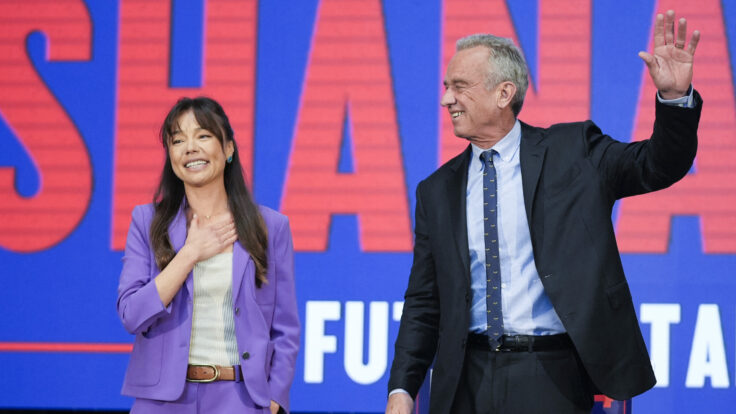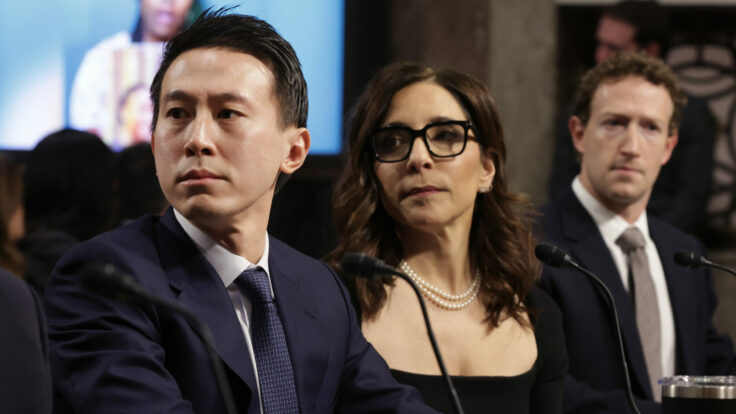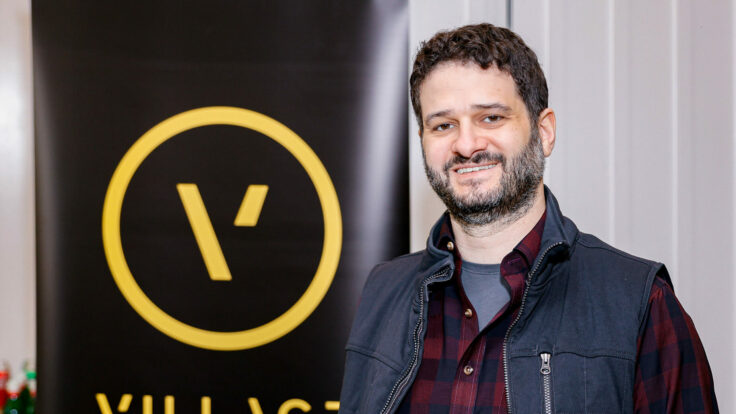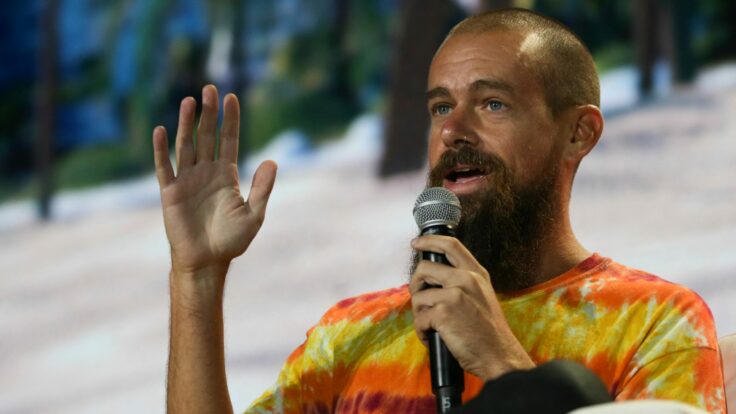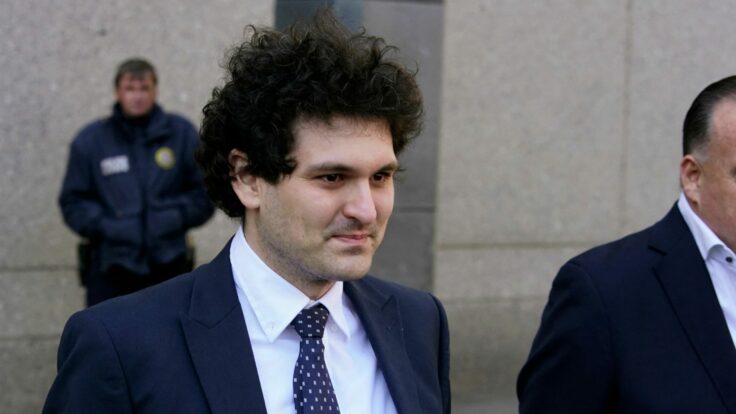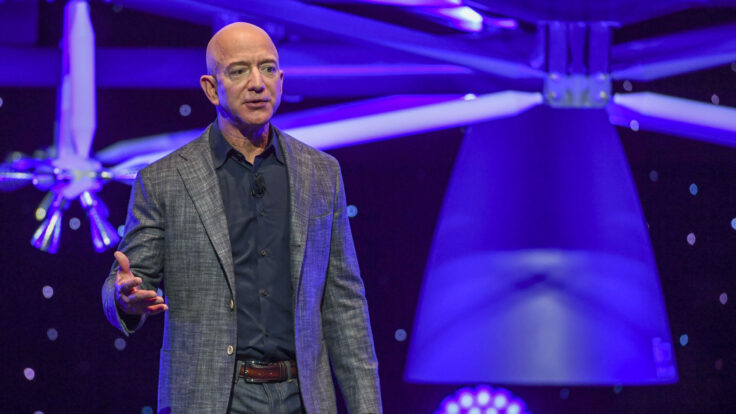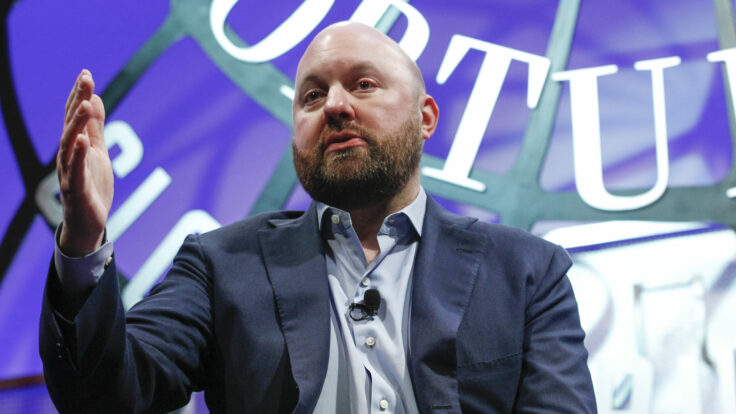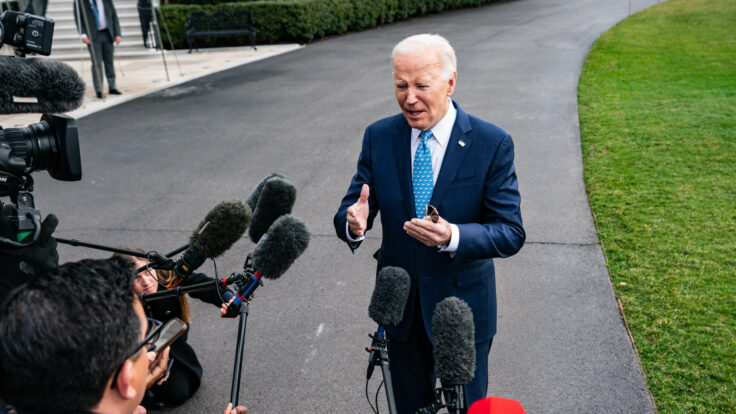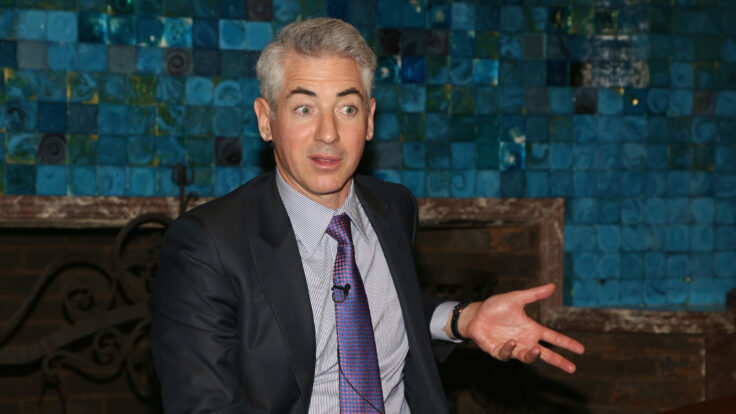Back in mid-2018, I found myself on the phone with Sean Parker, the inaugural Facebook president immortalized by Justin Timberlake in The Social Network for deadpan classics like “Drop the ‘The.’ Just ‘Facebook.’” Parker in the 2000s had earned a reputation as an early internet bad boy, founding the music-pirating Napster, mentoring Mark Zuckerberg in his “I’m C.E.O., Bitch” era, and hosting what is probably Silicon Valley’s most infamous wedding, a Tolkien-inspired 2013 bash in the California Redwoods that triggered a fight with environmentalists.
But I was talking with a different Parker in 2018. He was glowing, radiating with pride after securing something that Silicon Valley billionaires pretty rarely come upon when they play politics: An unquestionable win. To the surprise of his business partners like Peter Thiel, who bet Parker $1 million that he couldn’t get it done, Parker had convinced Trump’s Washington to pass a law offering a clever tax break called Opportunity Zones that was meant to encourage wealthy people and institutions to invest their money into poorer parts of the country. A subtext to me was that Parker, then rounding 40, had grown up, so much so that he could deliver ingenious political masterstrokes.









